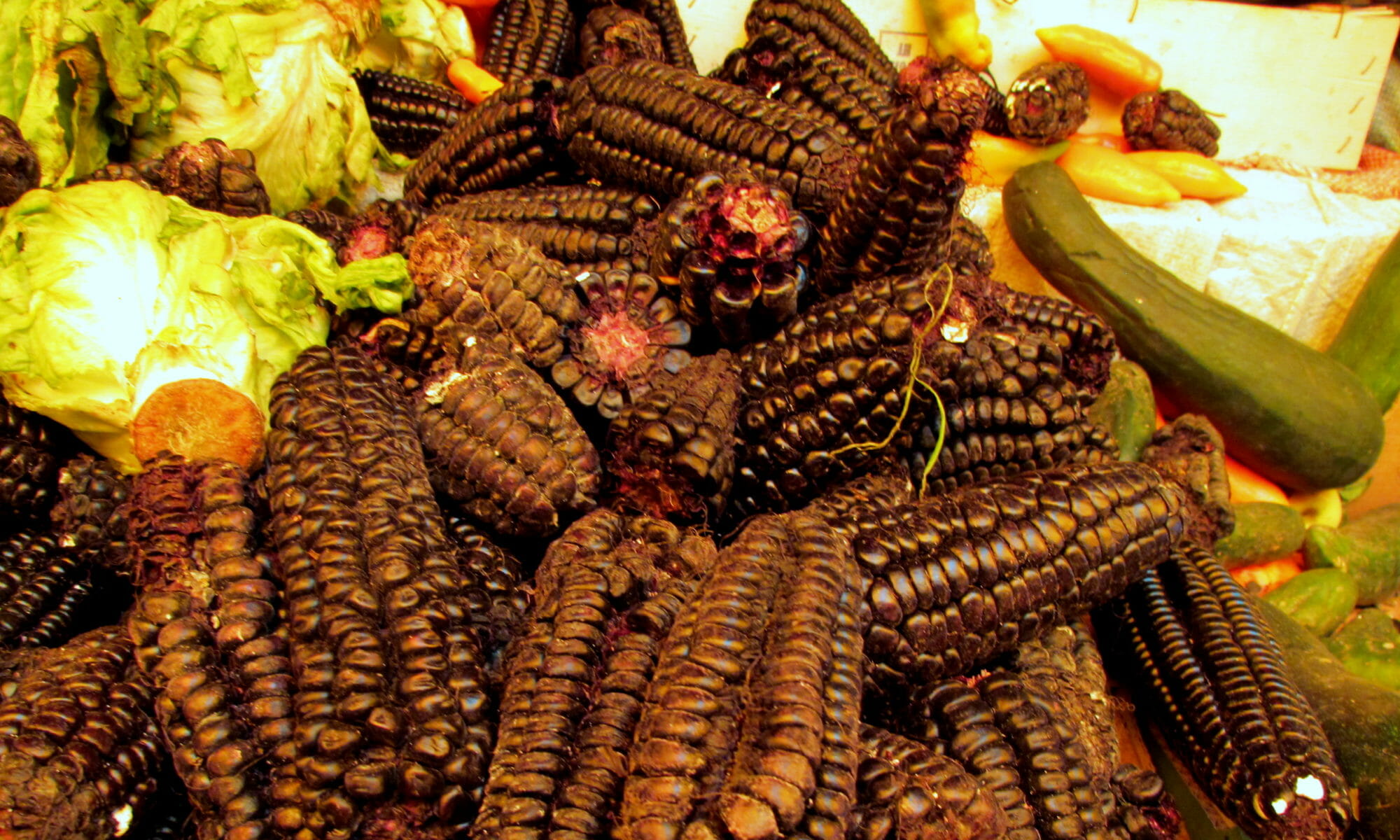A Hotter World Could Also Be a Hungrier One
A warmer world could mean shrinking harvests and a more meager diet for millions of people, according to two new studies. Climate News Network
Climate News Network
A hotter world could also be a hungrier one, with shrinking harvests and poorer quality plants. As planetary temperatures rise in response to ever more profligate combustion of fossil fuels, climate change could lower the yield of vegetable and legume crops – and at the same time reduce their nutritional content.
And the same high end-of-the-century temperatures could raise the risk of massive, near-global losses for the world’s most widely grown cereal, maize.
This double blow comes close upon the evidence – from field trials over many years – that another global staple, rice, is likely to become less rich in protein and vitamins as temperatures increase.
British researchers report in the Proceedings of the National Academy of Sciences that they studied 174 research papers based on 1,540 experiments in 40 countries between 1975 and 2016, on the probable effect of changes in water supplies, ozone, atmospheric carbon dioxide and ambient temperatures, on vegetables and legumes.
They found that on the basis of changes predicted for later this century, average yields of vegetables could fall by 35%, and legumes by 9%. There has been evidence that more atmospheric carbon dioxide could fertilise more plant growth, but other accompanying changes – greater extremes of heat, drought, flood and so on – could cancel out any such gains.
“As the planet warms, it becomes more likely for different countries to simultaneously experience major crop losses”
Pauline Scheelbeck, of the London School of Hygiene and Tropical Medicine, who led the study, called the finding “a real threat to global agricultural production, with likely impacts on food security and population health.”
Scientists have been warning for at least five years of the potential impact of climate change on agriculture and food supply: other studies have shown that fruit and vegetable supplies could be at risk.
There has also been evidence that heat extremes could damage wheat yields while endangering food supplies across the whole of Africa, and at the very least test the capacity of global markets to cope with sudden harvest failures across whole regions.
US researchers report – once again, in the Proceedings of the National Academy of Sciences – that they took a fresh look at the response of markets to what they call “volatility” in the global crop of just one cereal: maize, or corn.
Heavy dependence
This is grown widely: it is a staple for humans and fodder for livestock; it provides oil for cooking and has even been turned into fuel for motor cars. It is traded worldwide, but four countries – the US, Brazil, Argentina and Ukraine – account for more than 85% of all exports. The chance that all four exporters would have bad harvests in the same year right now is almost zero.
But under a warming of 2°C – a level which 195 nations agreed in Paris in 2015 to keep well below – this risk would rise to 7%. If global temperatures rise by 4°C, which is what will happen if humans go on burning ever more fossil fuels, the chance that all four maize exporters would have harvest failures at the same time rises to 86%. And, if that happened, corn prices would rise dramatically.
“When people think about climate change and food, they initially think about drought, but it’s really extreme heat that’s very detrimental for crops,” said Michelle Tigchelaar of the University of Washington, who led the research.
“We find that as the planet warms, it becomes more likely for different countries to simultaneously experience major crop losses, which has big implications for food prices and food security.”
Your support matters…Independent journalism is under threat and overshadowed by heavily funded mainstream media.
You can help level the playing field. Become a member.
Your tax-deductible contribution keeps us digging beneath the headlines to give you thought-provoking, investigative reporting and analysis that unearths what's really happening- without compromise.
Give today to support our courageous, independent journalists.






You need to be a supporter to comment.
There are currently no responses to this article.
Be the first to respond.